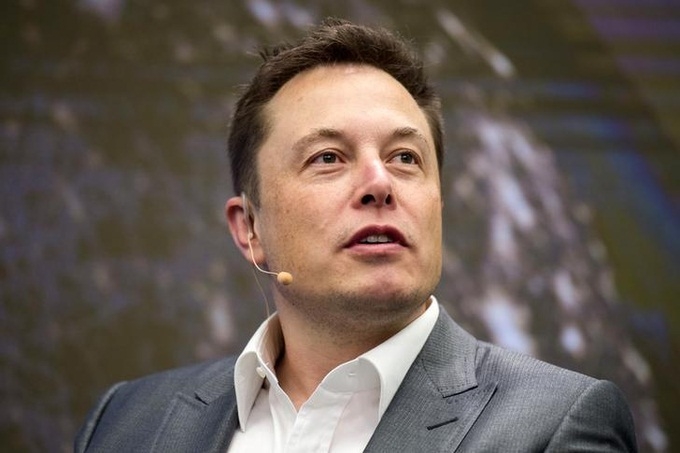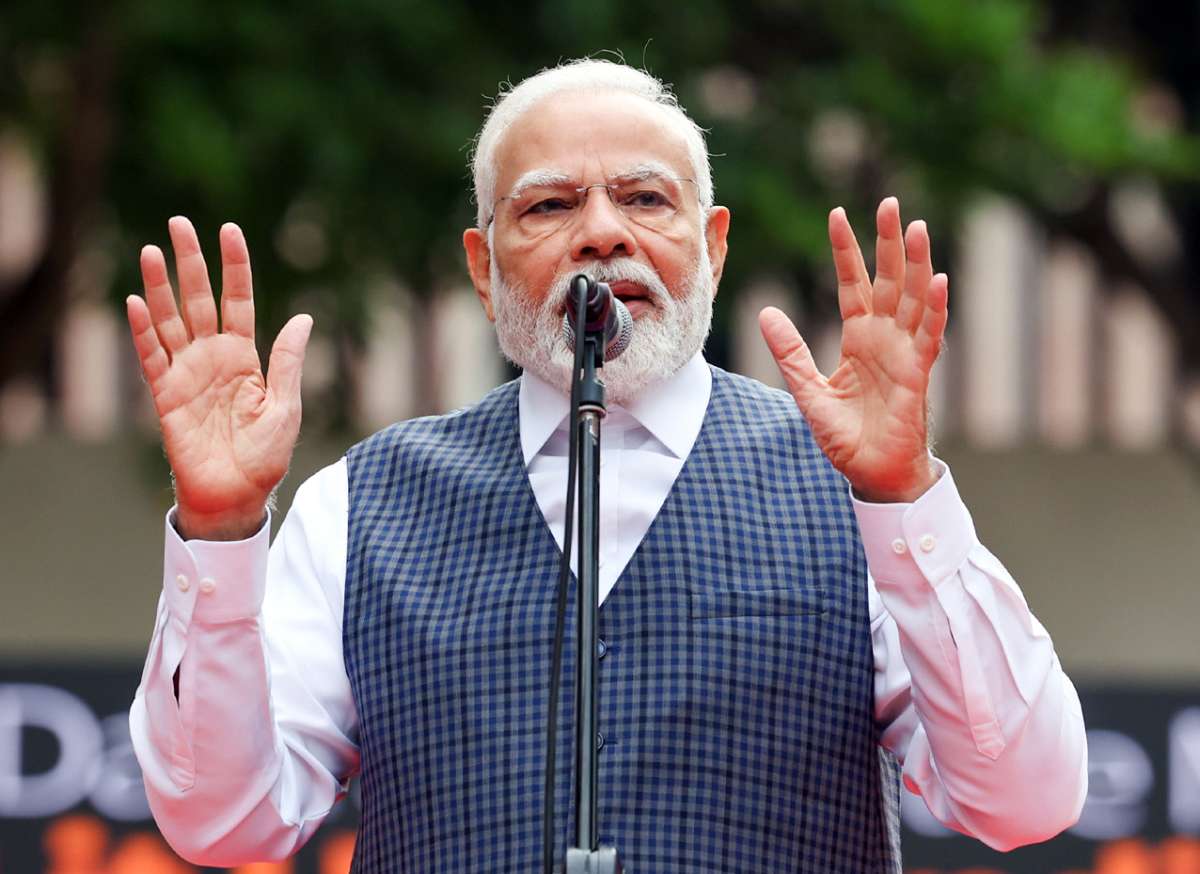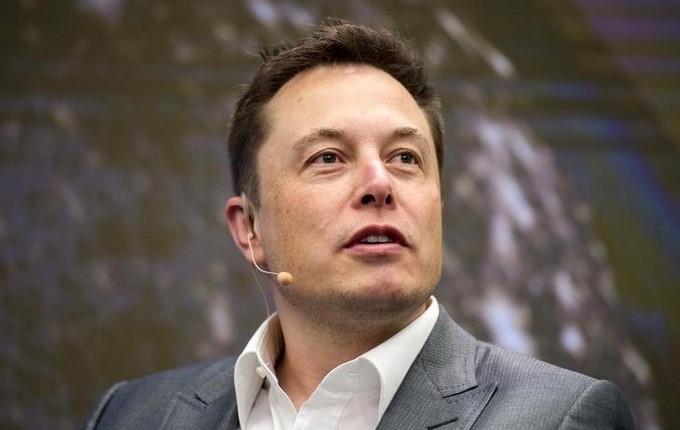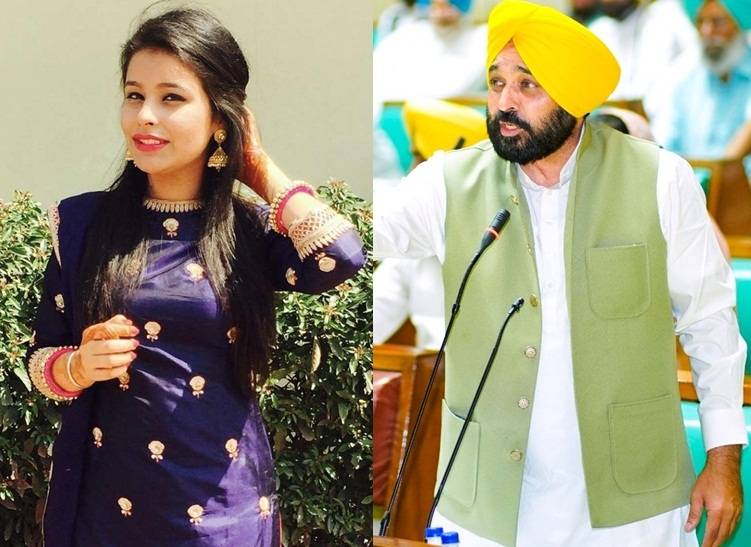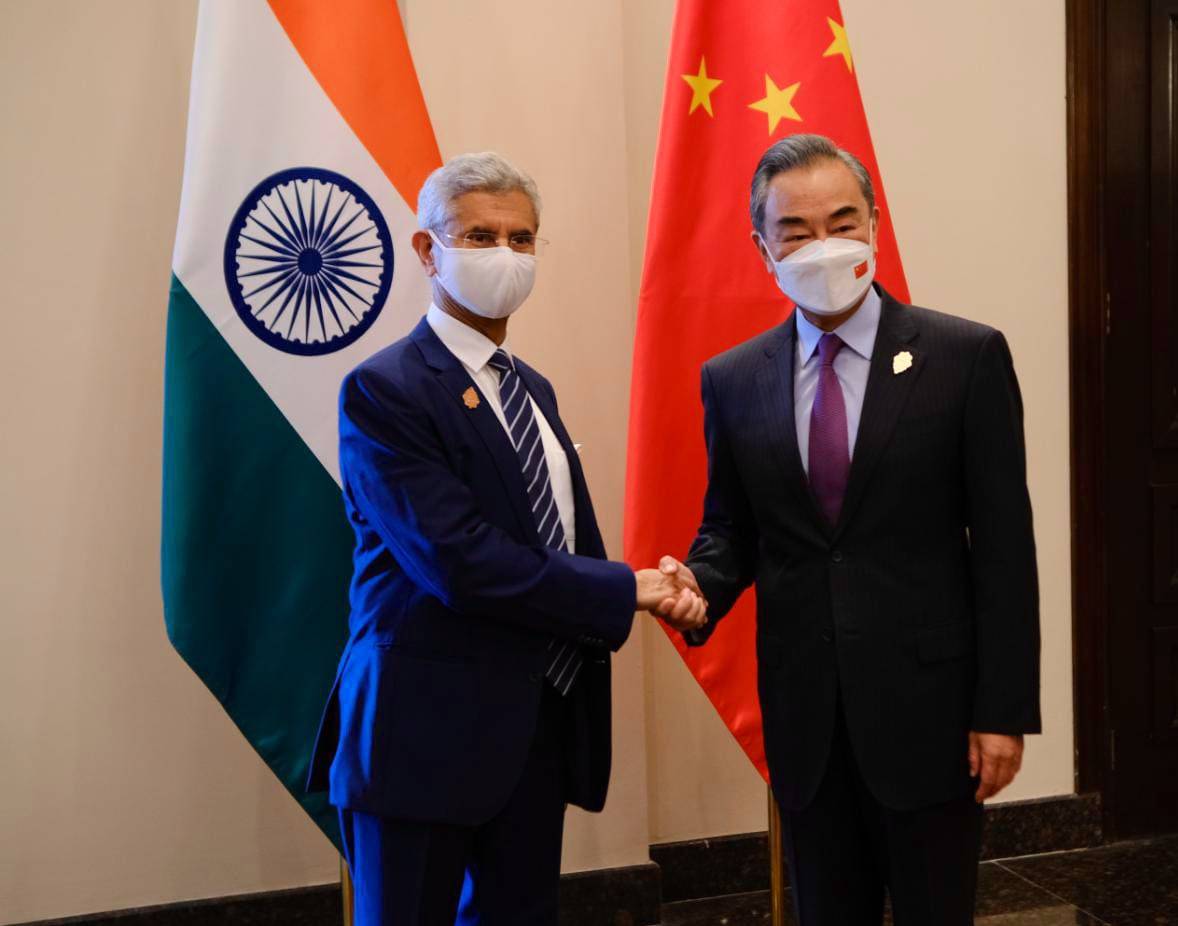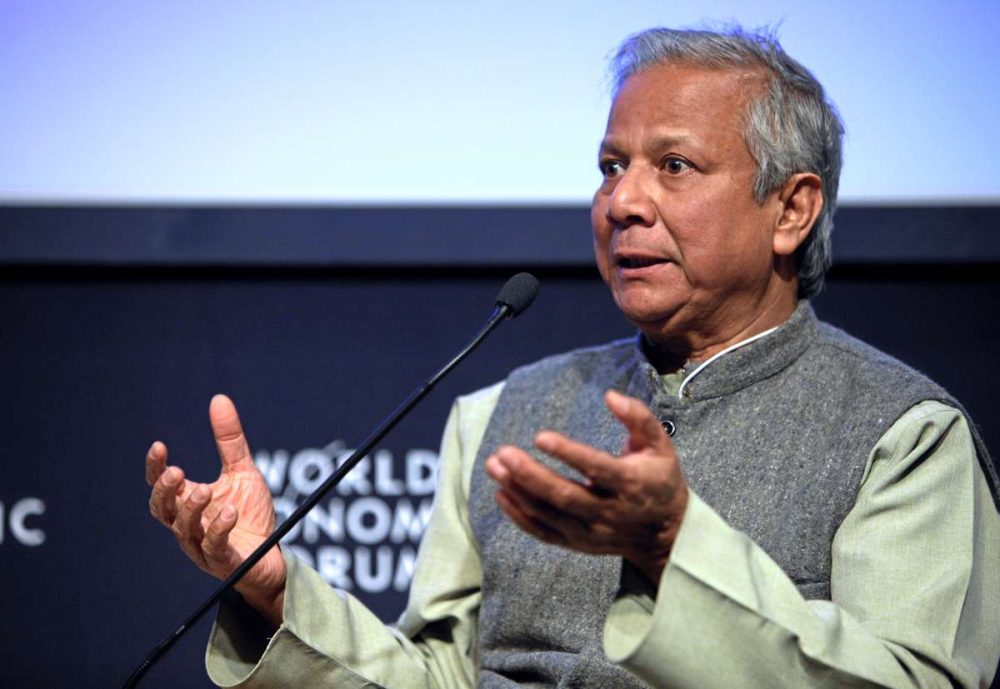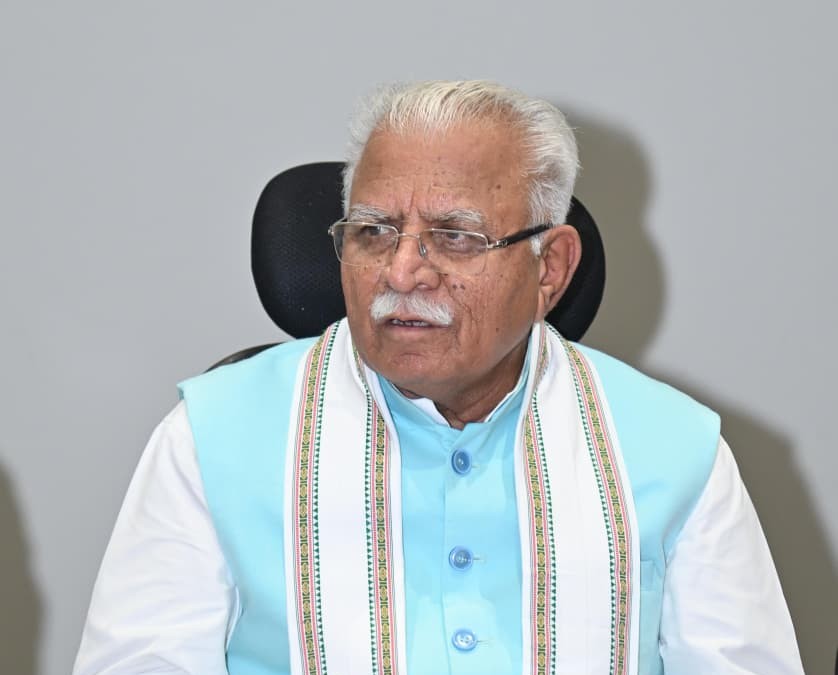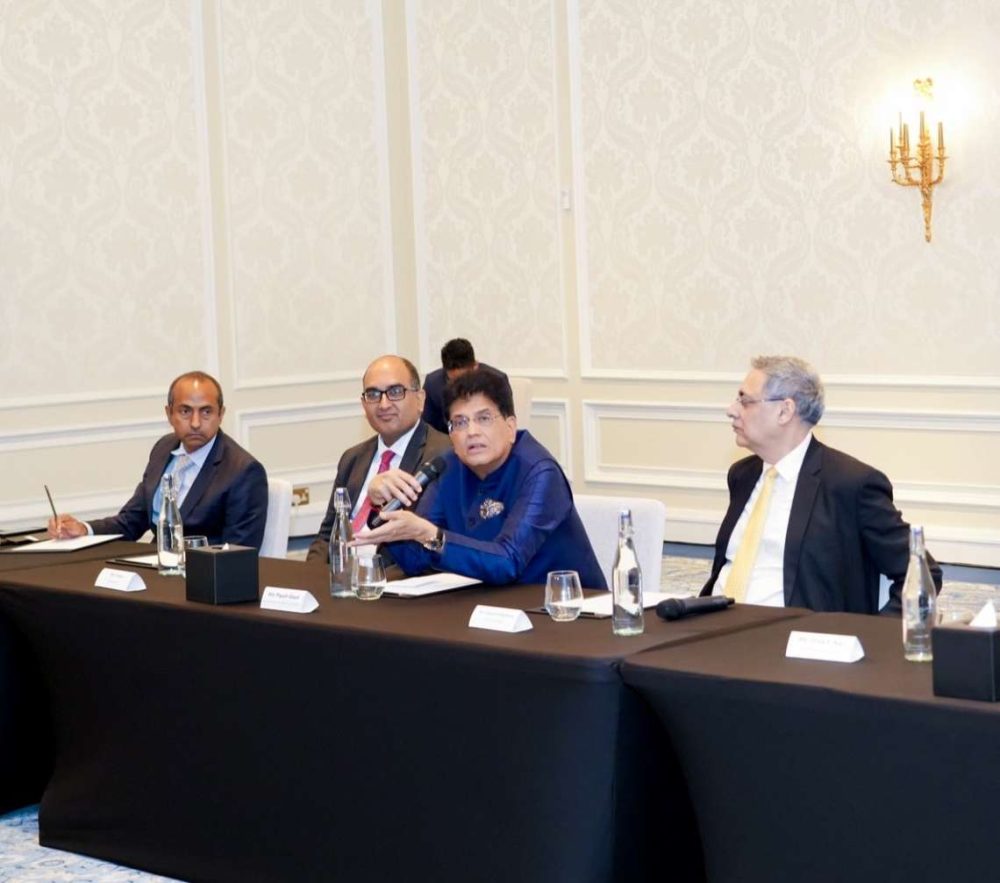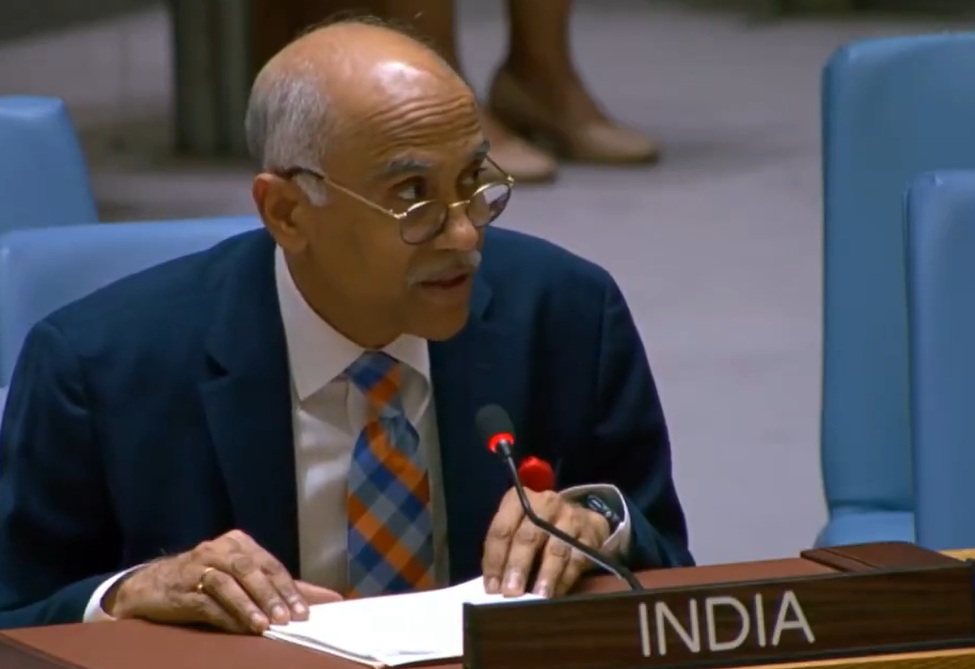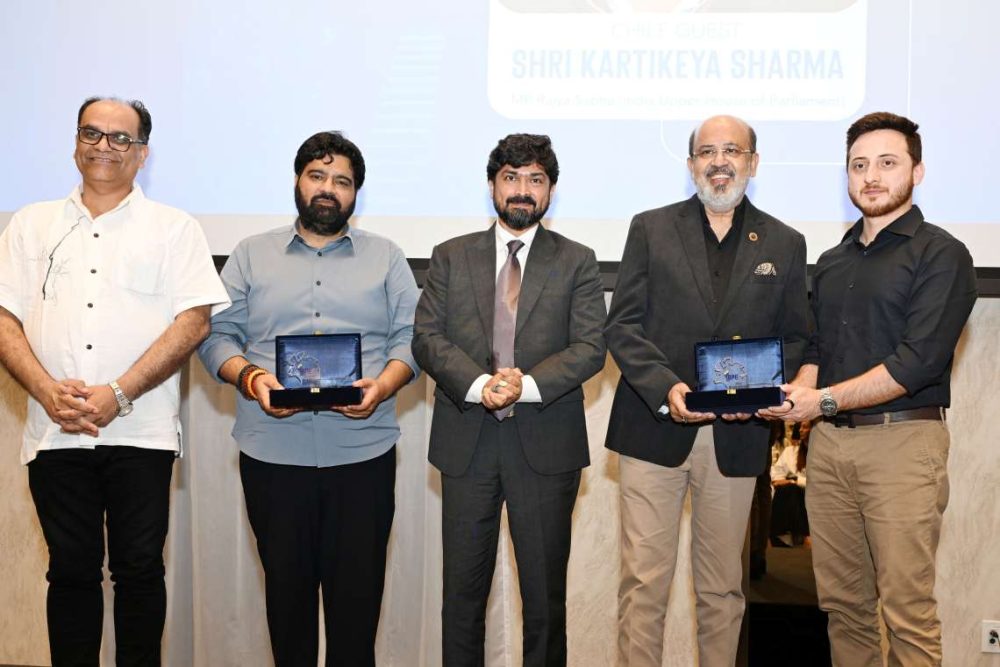According to experts, failure to comply with any such directions would take away the indemnity provided under section 79 of the IT Act…reports Nishant Arora
With Twitter once again taking the Indian government to court, the debate has reignited over insufficient IT laws — demanding the clearance of new IT Rules, 2021 as soon as possible — to tame Big Tech and penalise them if found not complying with the law of the land, amid a completely changed digital landscape from two decades ago.
When the IT Act, 2000 was passed, there was no social media presence. Today, platforms like Twitter, Facebook, and YouTube are dictating the public discourse and being used for disseminating fake news and trolls from across the spectrum.
The Information Technology Act, 2000, which got amended only in 2008, is neither a data privacy law nor a data protection law.
In such a scenario, is its Section 69A sufficient to book social media biggies and even penalise them for not complying with the government content blocking orders, especially when it comes to national security?
According to New Delhi-based cyberlaw expert Virag Gupta, two decades back, intermediaries were acting as the messenger carrying a message from point A to point B, without interfering in it in any manner.
“Nowadays, social media platforms are aggressively active and no longer playing the role of a conventional intermediary,” Gupta told.
Twitter is an intermediary as per the Indian law which has to compulsorily comply with directions issued by the authorities under section 69A of the IT Act.
According to experts, failure to comply with any such directions would take away the indemnity provided under section 79 of the IT Act.
“Section 69A of the IT Act gives immense and extraordinary power to the government for blocking the content, which can be challenged before the High Court or Supreme Court,” said Gupta.
However, its purpose is to maintain public order, prevent cognisable offences and protect sovereignty, integrity, defence, security and India’s friendly relation with foreign states.
Freedom of speech is guaranteed under Article 19 of the Constitution. However there are many restrictions under Article 19(2), which are part of the Section 69A of the IT Act.
“So in such matters of national security, judicial review of the government orders may not be normally allowed,” Gupta told.
Twitter was also involved in a legal battle in the Delhi High Court last year with the Centre over not complying with the Information Technology (Intermediary Guidelines and Digital Media Ethics Code) Rules, 2021, that aim to redefine India’s digital landscape.
After Twitter went to the Karnataka High Court this time, the government reiterated that all Internet intermediaries and social media platforms have to comply with the law of the land.
IT Minister Ashwini Vaishnaw said that “be it any company, in any sector, they should abide by the laws of India”.
Minister of State for Electronics and IT Rajeev Chandrasekhar said that all foreign intermediaries and platforms have a right to approach the court and judicial review in India.
“But equally, all intermediary/platforms operating here have an unambiguous obligation to comply with our laws and rules,” Chandrasekhar emphasised.
The IT Minister has given the hint for a new IT Act to fight multiple cyber challenges faced by the authorities and users.
The republished draft by the IT Ministry has revealed a plan to form an appeals panel that can reverse content moderation decisions by Big Tech companies like Twitter, Facebook, and YouTube.
The new IT rules also require big social media platforms to help the government trace the originator of messages in special cases.
“The intermediary shall respect the rights accorded to citizens under the constitution,” according to the new draft.
By virtue of Rule 7 of the IT Rules, 2021, the moment any intermediary including any significant social media intermediary does not comply with the Information Technology Rules, they automatically lose their statutory exemption from legal liability.
Further, they become liable for being punished for various offences under the Information Technology Act, 2000 and the Indian Penal Code, 1860.
“There is actually no rationale for any service providers not to comply with the applicable law in India. The Internet service providers and social media platforms ought to comply with the rules immediately so as to prevent any potential future legal consequences,” said Pavan Duggal, a seasoned Supreme Court advocate and a cyber law expert.
The government is clearly entitled to take action for criminal prosecution against the service provider as per Rule 7 of the IT Rules, 2021.
Further, all affected persons who have been affected by the inactions of the service provider, can sue the service provider, both for legal action and also for criminal liability, Duggal added.
“The ultimate idea is to give a deterrent message to all service providers that they will have to ensure compliance with the applicable laws, otherwise they will continue to keep on facing legal consequences under the Information Technology Act, 2000 and rules and regulations,” Duggal told.
ALSO READ-PT Usha, Ilaiyaraaja nominated to RS



